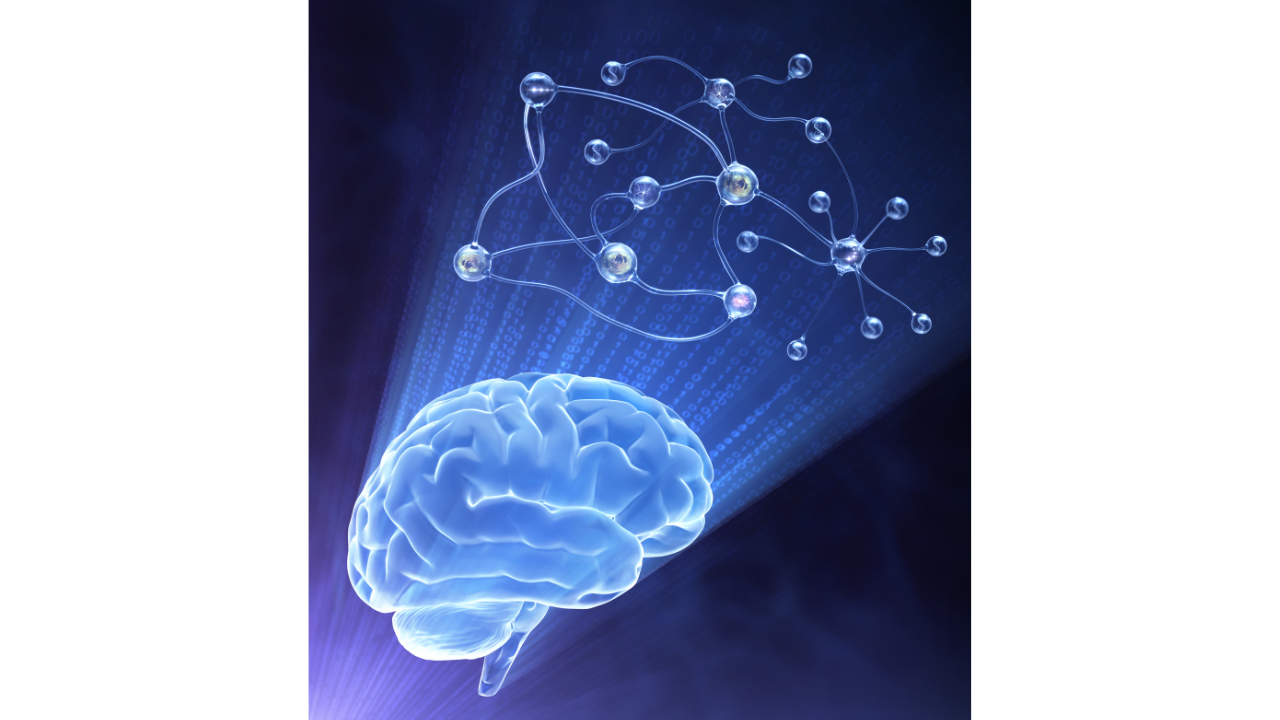Healing Relationships Through Empowered Recovery: How Self-Change Transforms Connection
When we begin to heal, the way we love and connect changes. Drawing on neuroscience and trauma-informed psychology, Prairie Francia explains how self-regulation, boundary work, and emotional alignment can rewire relationship patterns for authentic, lasting connection…
Pathways to Recovery: Your Unique Map to Healing
When it comes to recovery, there’s a myth that quietly weighs on many people — the idea that there’s a right way to do it.
That if you don’t follow the same steps someone else did, you must be doing it wrong.
But recovery isn’t a straight road.
It’s a map — one that looks different for every single person who walks it…
The Power of Identity Shift: From “I’m Trying to Quit” to “I’m the Kind of Person Who…”
Recovery is not just about quitting behaviors — it’s about becoming someone new. Neuroscience shows that when you align your identity with your desired habits, you strengthen the prefrontal cortex and make it easier to sustain change. Discover how identity shifts help individuals rewire their brains, reduce shame, and anchor themselves in recovery…
Values-Based Recovery: Anchoring to Your Why
Values are our compass, guiding decisions and shaping meaning in our lives. But addiction and people-pleasing often bury them under survival mode. Recovery means rediscovering and realigning with your values — your “why.” Neuroscience shows that reflecting on values strengthens self-control networks in the brain, making it easier to resist cravings and live authentically…
Cravings and the Brain: Beyond Food and Substance
Cravings aren’t random urges — they’re the brain’s way of anticipating reward, often tied to unmet emotional needs. Whether it’s food, alcohol, or scrolling, cravings share the same neurological roots in the brain’s dopamine system. By learning to pause, reflect, and ask “What is this craving really telling me?”, you can transform cravings from traps into doorways for change…
The Habit Loop: Breaking the Cycle of Triggers, Cravings, and Old Patterns
Why do we keep repeating the same harmful behaviors, even when we want to stop? Neuroscience shows us the power of the habit loop—cue, craving, response, reward—and how these cycles shape addiction, toxic relationships, and everyday coping. The good news? With awareness, motivational interviewing strategies, and the science of neuroplasticity, you can break the loop and create empowered new pathways…






